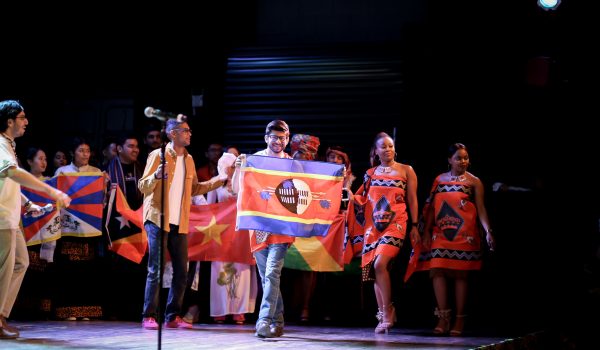Not eligible to vote? Not a problem! There are still many ways to become civically engaged. Students are members of the St. Olaf community and can contribute to political discussions regardless of their nationality and citizenship status.

Take a look at the the ideas on the right for ways that non-U.S. citizen students can get engaged this electoral season!
Source: “Understanding the U.S. Elections As an International Student” from University of Michigan